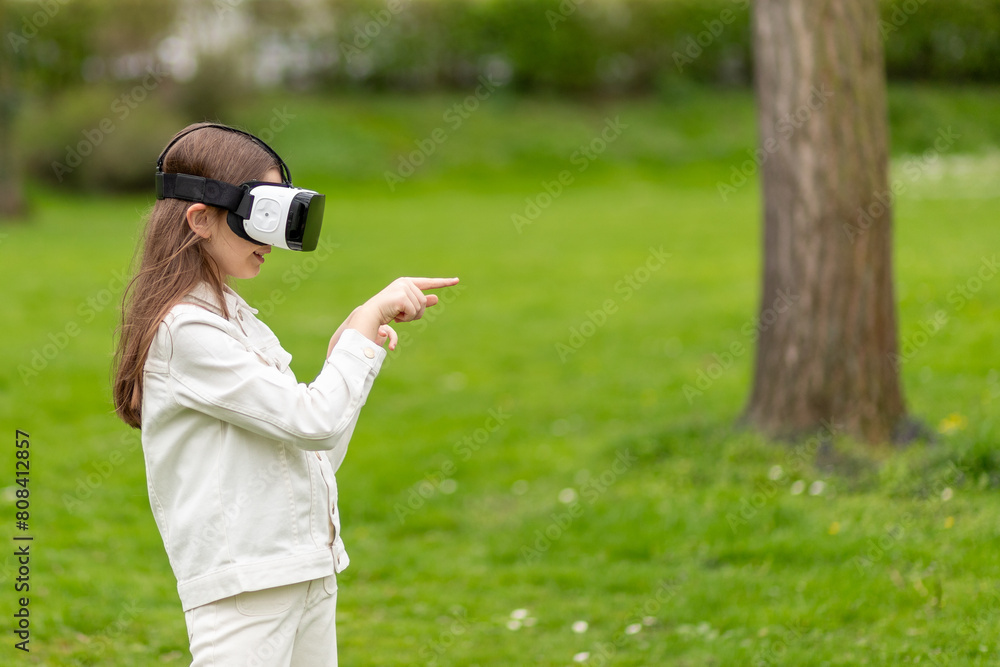Incorporating VR and AR games into a hotel or resort's guest experience can significantly enhance its appeal, driving both sales and brand awareness. These cutting-edge technologies provide unique, memorable experiences that can distinguish the facility from competitors. By offering immersive VR adventures and engaging AR activities, the hotel can attract tech-savvy travelers, families seeking entertainment, and guests looking for innovative recreational options.
Moreover, the novelty and excitement of VR and AR can lead to increased social media buzz and word-of-mouth referrals, as guests are likely to share their extraordinary experiences online. This organic promotion can amplify the hotel's visibility and reputation, attracting new visitors intrigued by the state-of-the-art amenities. Additionally, hosting special VR and AR events or themed weekends can create additional revenue streams and encourage repeat visits, fostering long-term customer loyalty. Overall, integrating VR and AR into the hotel's offerings can enhance guest satisfaction, elevate the brand's market position, and drive sustained growth in bookings and revenue.

AR Scavenger Hunts:
A digital scavenger hunt around the hotel or resort premises, blending physical exploration with augmented clues and treasures.
Interactive Storytelling: AR-based interactive storytelling experiences that guests can follow around the hotel, enhancing the ambiance with rich narratives and visual effects.
AR Wildlife Exploration: Use AR to bring virtual wildlife to life in the resort's natural areas, allowing guests to learn about local flora and fauna interactively.
Augmented Art Exhibits: Transform the hotel's art displays with AR, adding layers of information and animation to enhance the viewing experience.

AR/XR Integrations:
AR and XR applications can significantly enhance a guest's hotel experience by seamlessly blending digital information with the physical environment.
Upon arrival, guests can use their smartphones or provided AR glasses to navigate the hotel with virtual waypoints and information overlays, effortlessly finding amenities and their rooms.
In-room, AR interfaces can allow guests to control room settings, access hotel services, or view local attractions and dining options with interactive 3D previews.
At the hotel restaurant, AR-enhanced menus can showcase dish presentations and ingredients, while in common areas, AR can transform spaces into interactive art galleries or provide historical information about the property.
For leisure, guests might enjoy AR-powered games that utilize the hotel's layout or participate in AR-guided tours of the surrounding area.
These applications not only provide convenience and entertainment but also create a memorable, tech-forward stay that sets the hotel apart in a competitive market.

Immersive Orientation Programs:
New employees can participate in VR-based orientation sessions that simulate various scenarios they will encounter in their roles. This includes virtual tours of the property, understanding emergency procedures, and familiarizing themselves with the hotel's layout and facilities.
Customer Service Simulations:
Employees can engage in realistic customer service scenarios, practicing interactions with guests, handling complaints, and delivering exceptional service. These simulations can provide immediate feedback, helping staff refine their skills.
Skill Development:
VR can be used to train staff in specific job functions, such as housekeeping, front desk operations, or culinary skills. For example, housekeeping staff can practice cleaning routines and identify potential hazards in a virtual room setup, while culinary staff can learn to prepare dishes step-by-step in a virtual kitchen.
